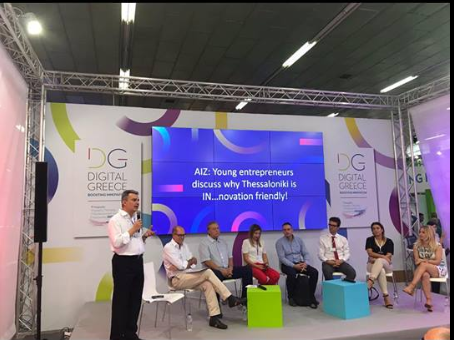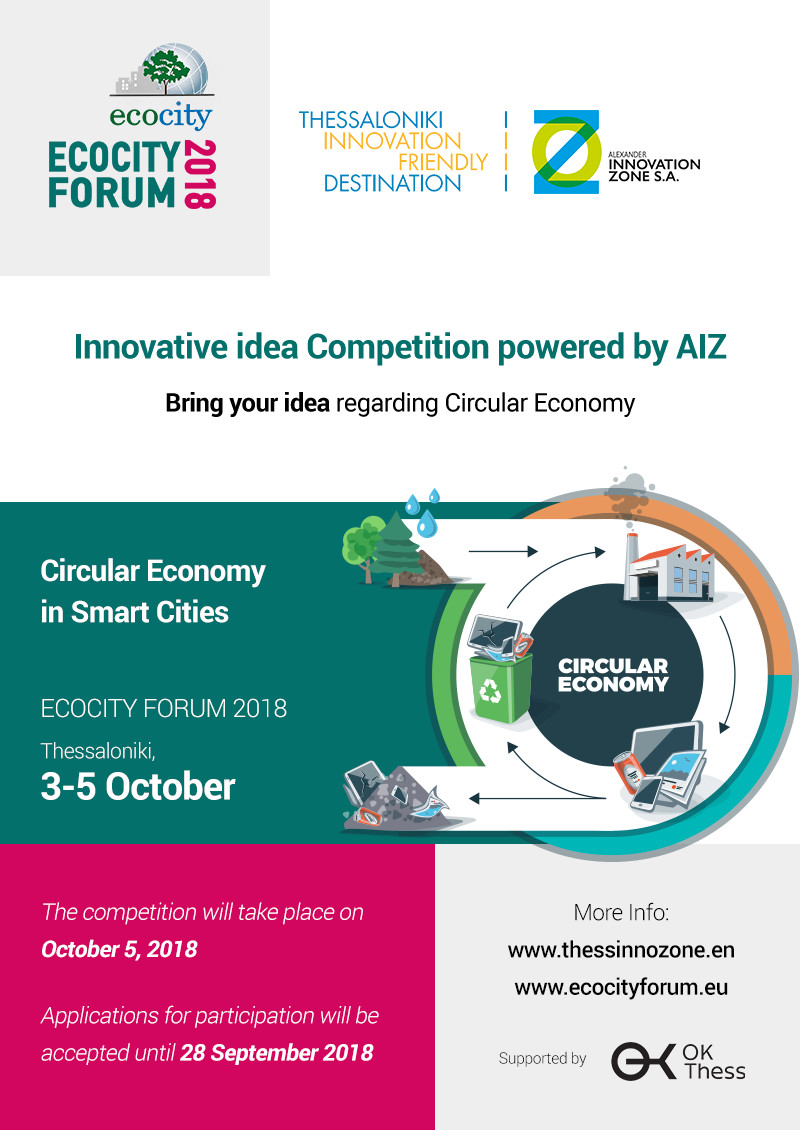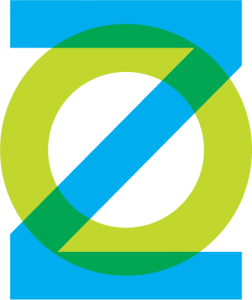
Great interest in medical services with the use of artificial intelligence technologies, block chain and the Internet of Things.
Health services, transport and urban travel, transaction security, are some of the services developed by innovative companies in Thessaloniki are at the heart of new technologies and are already expanding successfully outside Greece.
Eight innovative businesses in Thessaloniki were presented by their creators at an event organized by the Alexander Innovation Zone (AIZ) in the framework of the 83rd Thessaloniki International Fair (TIF) and the strong presence of start-ups at the Digital Greece Pavilion.
The delivery of the presentation and discussion to the entrepreneurs and the audience was coordinated by the president of AIZ, Dr. Pantelis Angelidis, pointing out that a lot of important work is being done by innovative companies in Thessaloniki, which the public is now beginning to get to know despite already using products and services of some of these companies.
Mr. Thomas Hatzistergiou has spoken about the already well-known Booking Clinic, a platform that brings users of medical services close to clinics, diagnostic centers and is very close to the philosophy of medical tourism, mentioning that 17 clinics, 4 in Romania, 1 in Croatia have contracted with Booking Clinic, while contacts are ongoing with India as well.
Vassilis Keramaris, founder of the iQ Taxi company, has spoken about a B2B company that is ‘‘the only hope for taxi cooperatives to survive against taxibeat services’’. IQTaxi serves taxi cooperatives in Greece as well as in the US, Bulgaria and Saudi Arabia, and is profitable even though it is only in its third year of operation.
Mrs. Iphigenia Paparoussi explained that Leaders Lab, making use of e-learning, specializes in the development of leadership skills and is designed to help with the development of businesses.
Mr. Kostas Votis presented Mind Med, a platform for self-management of chronic diseases, that started with asthma and continues with diabetes making use of artificial intelligence technologies, Block Chain, for data security as well as IOT (Internet of Things) since the user of the service uses wearables as well.
StοneWave was presented by Mr. George Chatzopoulos. The company produces horizontal software, has designed the technological part in 17 start-ups, and through these collaborations, in which it operates as a CTO (Chief Technology Officer), is in some cases a shareholder.
Blockachain, as Mrs. Maria Matthaiou said, is a company that specialises in data analytics and transaction security. Blockachain is a joint venture of ATC, a software company, and Vidavo, a telemedicine company.
Miss Anna Chlioura has said that the already known company in Thessaloniki, EleKtronio, which manufactures electric three-wheeled bicycles, is preparing to expand its product range through outsourcing.
Finally, Mrs. Mara Tsoumari said that SentiGeek combines hybrid technologies that allow the analysis of a text in depth to draw on the personality of the person who wrote it.



